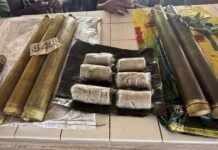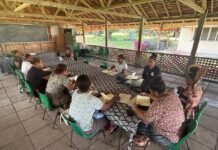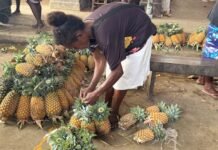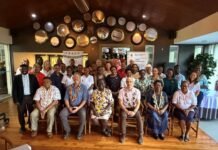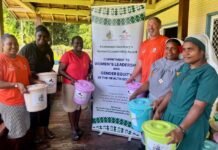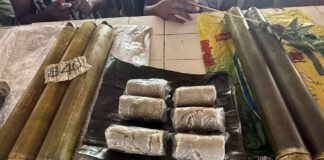BY MAINE LIVETT in Gizo
THE friendliest public space in Gizo town was the Paparaghu ‘Bonbon’ Market, which once had situated at the center of the Provincial headquarter, adjacent to Gizo Hotel and the municipal Market.
The Bonbon Market was popular during its inception and existence four years back in 2018, as it had made life much easier, not only for locals but international visitors as well.
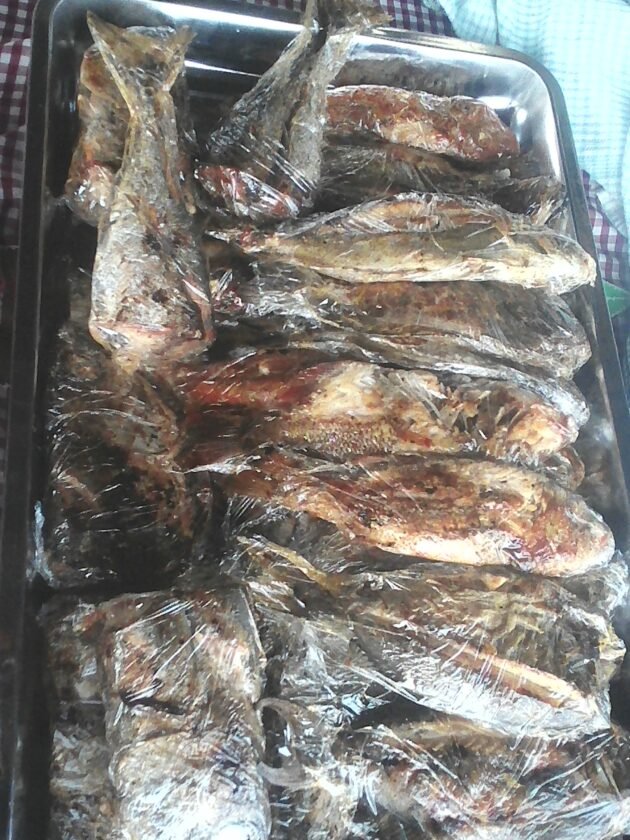
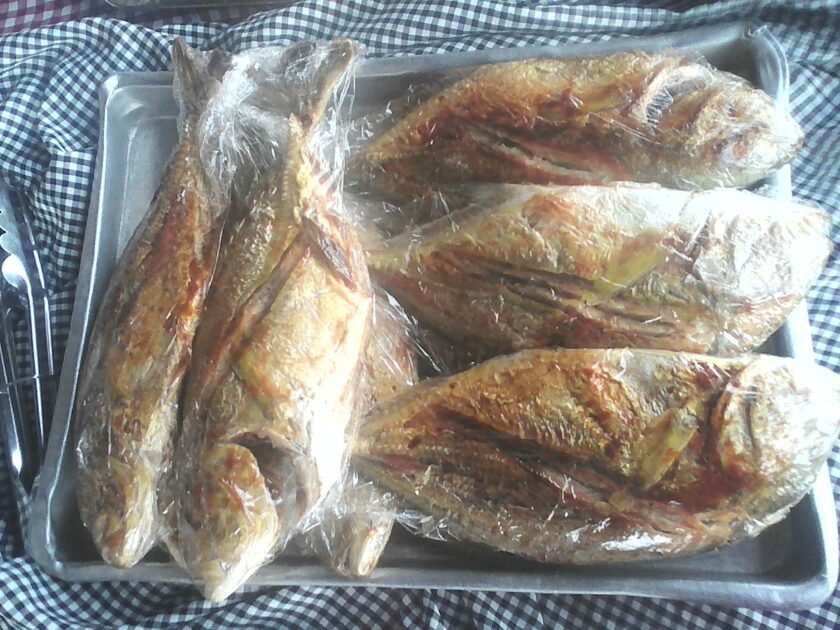
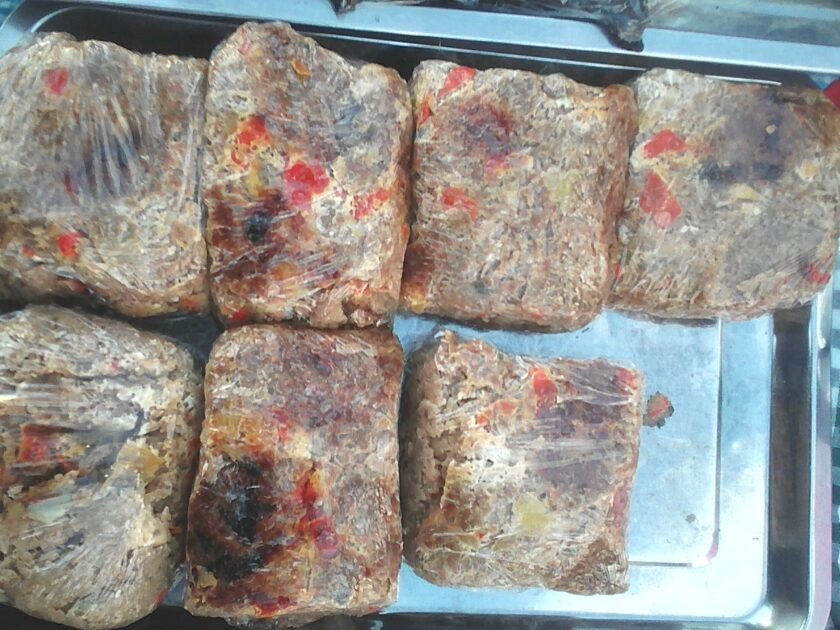
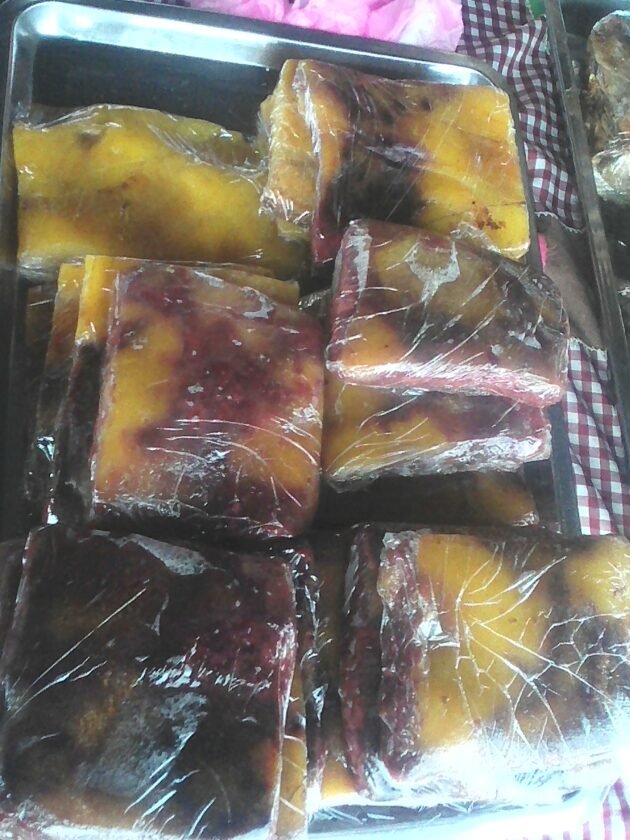
Locals who had travelled from Honiara during that period when the Bonbon Market thrived, probably would had not missed that lovely place in their schedule for Gizo.
Not only that but tourists from other Pacific Islands loves the island style of baking and preparation of local garden foods, with yummy fish species caught by local fishermen from the rich Western Solomons’ waters.
The Market was a first choice for residents and visitors during lunch hours. It was established by a group of 18 women who called themselves “Paparaghu Women’s Group,” (PWG), with the help of their families, friends and associates.
There, customers had few small huts built with bush materials that can accommodate a family, in a Western Solomons’ Island style environment.
The group, whether they realized it or not, created a haven where a fusion of traditional and modern knowledge and concepts, gave birth to resourcefulness.
PWG’s passionate leader and local entrepreneur Ms Tamaua K Ghemu explains “Paparaghu” derived from the Ranogga dialect, literally means “bonbon” in Solomon Islands Pijin English. It refers to preparation of mainly local food stuff on hot stones and burning charcoals.
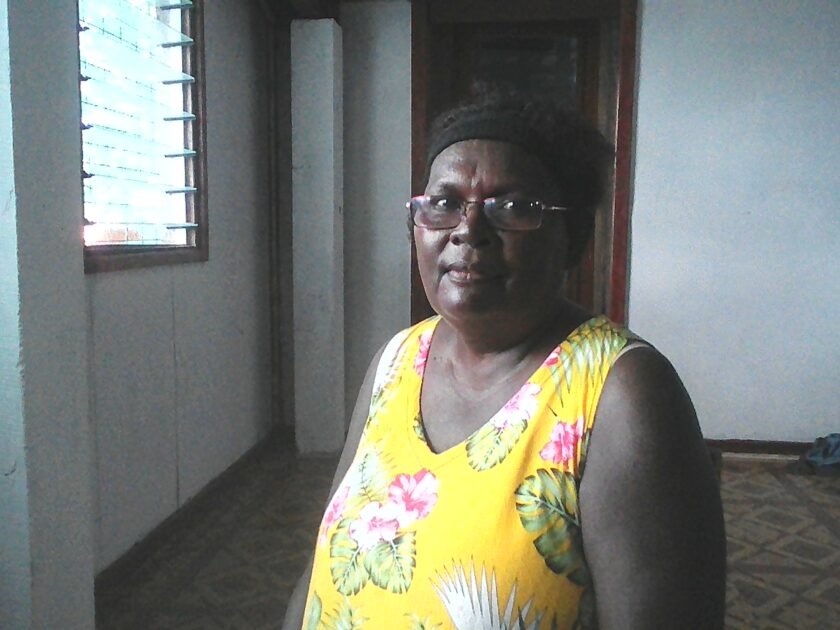
“We started with Gizo women’s association in 2016 and we are all members of that group.” she recalled.
Ms Ghemu said, one of the reasons her group initiated the idea, was that they’d realized that at times, crops and fish brought by their relatives and friends from the Islands to the main public market were not sold out sooner as expected, and so quality reduced with time.
“We started the Bonbon Market, because we also want to help our local women, and fishermen” she said. Their products were not sold out at times, and so got rotten and spoilt” she said.
“There are 18 of us who started the market and we also sell clothes, and provided tailoring services.
“Everyone loved that place, those who hurried to travel home in the afternoon, some of them pre-ordered from us when they’d arrived in the morning, so when they’d returned, they took their hot food home.
“Most of our customers too, are from the provincial offices, and also sick people from the hospital. They really enjoyed the hot ‘bonbon’ food.
“We also recognized our customers’ needs and shortfalls, especially sick ones, and so we’re lenient with our prices and also to treat our customers well.”
“We understand those in need and we also recognized those who travelled from Honiara. I reminded the women to set reasonable prices, in that way customers would return.” The women leader stressed.
Ms Ghemu, recalled her group also promoted hygiene practices, and with assistance from Red Cross on simple hand washing concepts and first aid training.
She said, Monday and Fridays are the peak days, and their traditional food menu usually sold out before sundown. Each women vendor usually earned 500 dollars in profit per day.
She said, “local fishermen were also happy because we’re their main buyers and they’re our customers too, so we created and built relationship.”
Not only fishermen but also market vendors at the main market selling root crops and leaves used in traditional baking, and food handling.
She recalled, when root crops were not sold out, vendors from public market brought it to the Bonbon market, and in that way avoided root crops from being left to rot. So, they created that sort of relationship in their small business dealings. At the end of the day all make profits from their efforts.
“At least we earned some money.” She said.
She further pointed out, some main Market vendors also earned money from selling leaves for baking, consequently they gave up on the leaves.
The obvious factor is that their partners are not around anymore, after their small business link (Bonbon Market) was halted due to the COVID 19 Pandemic.
Ms Ghemu said, at the Bonbon market the PWG women also exhibited to international tourists, the Islands’ traditional food preparations and cultural dress code.
The group is a registered entity, with bank account under the group’s name.
She said, members borrowed group’s fund to assist them with important family needs, especially school fees for their children. Each member had also contributed 100 dollars for rental to the landlord.
That simple inventiveness not only helped them with their family needs and community obligations, but had created a relaxed space for social interaction, where frequenters and newcomers alike could unwind during a hectic day.
The favorite lunch-time market is still to be revived, after authorities ordered the group to vacate the site as updates of spread of the COVID-19 virus on mainstream and social media, with some extent of hyperbole signaled urban populace, as well as rural communities.
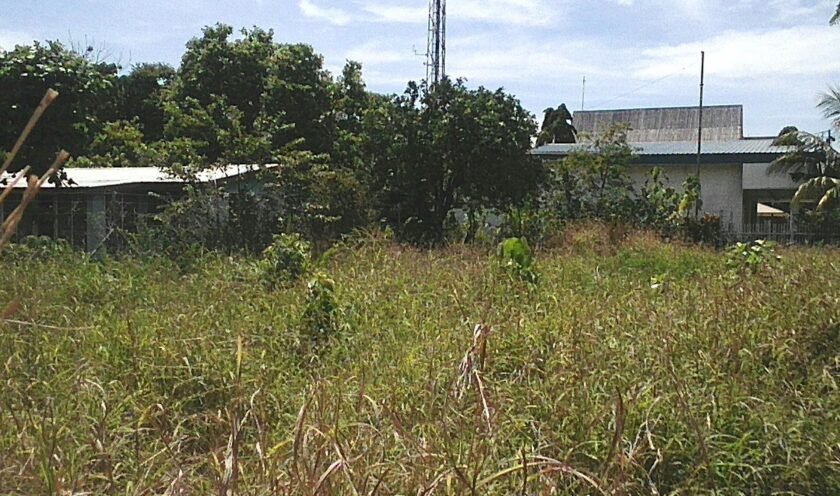
Ms Ghemu pointed out that, that challenge lowered the group members’ moral, and as they dispersed, a newfound hub they’d enjoyed together gradually disappeared. Not only that, but they lost an economic activity, which in their capacity are so passionate of.
“We have not yet restarted,” the entrepreneur said.
“People who use to travel to Gizo have the Bonbon market in their mind. They asked me, why are we not continuing.”
The optimistic Women leader said, she’s waiting for a positive reply from applicable authorities.
The friendly “Paparaghu” needs a space to make life easier for everyone in Gizo town again.






